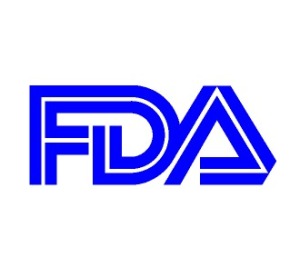by
Brendon Nafziger, DOTmed News Associate Editor | September 28, 2010
The National Institutes of Health and the Food and Drug Administration said Monday they are awarding nearly $10 million to researchers to promote "regulatory science" - that is, to better understand how to assess the safety and effectiveness of new medical technology and to speed up device and drug trials.
The grants will go toward studying nanotechnology, a new heart-lung machine to test drugs, new clinical trial design and a method for predicting eye irritation.
"These four projects were chosen among many applications because they were the most meritorious proposals for addressing high-priority areas in cutting-edge biomedical research and regulatory science," NIH director Dr. Francis S. Collins said in prepared remarks.




Ad Statistics
Times Displayed: 45396
Times Visited: 1420 Keep biomedical devices ready to go, so care teams can be ready to care for patients. GE HealthCare’s ReadySee™ helps overcome frustrations due to lack of network and device visibility, manual troubleshooting, and downtime.
The NIH is footing $9.4 million of the bill for the project, which covers three years, and the FDA will cough up around $950,000, according to a press release.
In February, the two agencies said they would work together to address public health issues.
The grant winners are:
· Dr. William G. Barsan, Donald A. Berry, and Roger J. Lewis, University of Michigan, Ann Arbor - Accelerating Drug and Device Evaluation through Innovative Clinical Trial Design
· Daniel R. Cerven, and George L. DeGeorge, MB Research Laboratories, Inc., Spinnerstown, Penn. - Replacement Ocular Battery (ROBatt)
· Dennis E. Hourcade, Washington University, St. Louis - Characterization/Bioinformatics-modeling of Nanoparticle: Complement Interactions
· Dr. Donald E. Ingber, Harvard University Medical School, Boston - Heart-Lung Micromachine for Safety and Efficacy Testing

